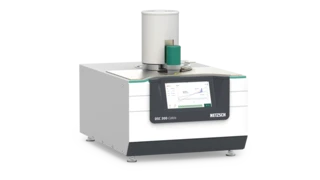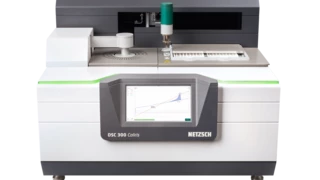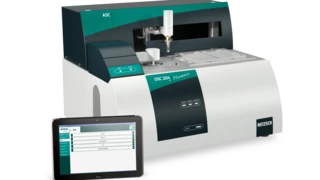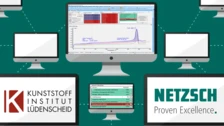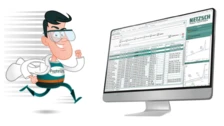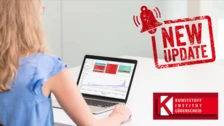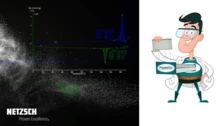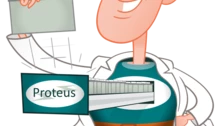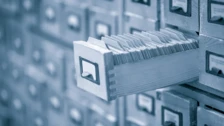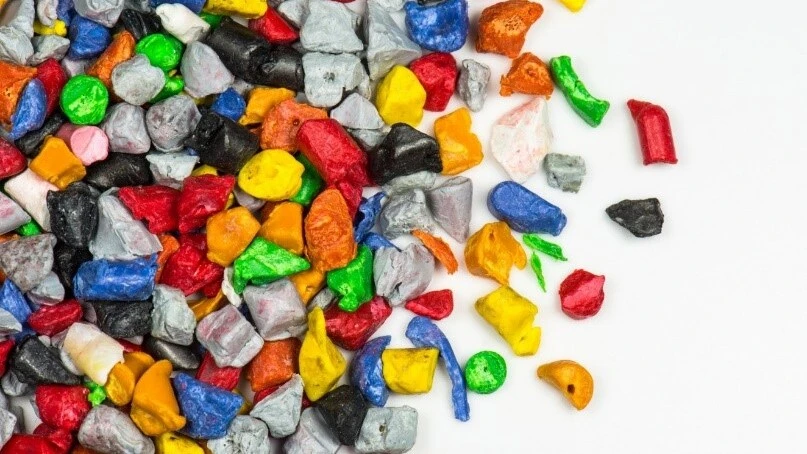
10.10.2023 by Aileen Sammler
How to Control the Quality of Recycled Plastic Materials
Plastic recycling represents many challenges across the manufacturing workflow. One of the biggest challenges is controlling the uncertainty of feedstock quality. Variations in quality arise from mixtures of different polymer types in the recycling process. This is a step-by-step guide for the quality control of recycled plastics by means of our NETZSCH Differential Scanning Calorimetry (DSC) instrument line, such as the DSC 300 Caliris® Classic, Select or Supreme.
Plastic recycling represents many challenges across the manufacturing workflow. One of the biggest challenges is controlling the uncertainty of feedstock quality. Variations in quality arise from mixtures of different polymer types in the recycling process. Consequently many product manufacturers are hesitant to use recycled plastics as the quality variations across batches can have significant impact on maintaining quality of the end-products.
Companies need a fast and cost-effective solution
Quality control of recycled plastics is thus a crucial step in the production process for many companies. They need to be able to detect and identify impurities and mixtures of recycled materials in a fast, reliable and cost-effective way.
Step 1: Identify the polymer type of the pellet
The delivered polymer waste stream contained a mixture of differently colored recyclate pellets. Differential scanning calorimetry measurements were carried out at a heating rate of 10 K/min in an N2 atmosphere. All of our DSC instruments can be used like, for example, our new NETZSCH DSC 300 Caliris® Supreme.
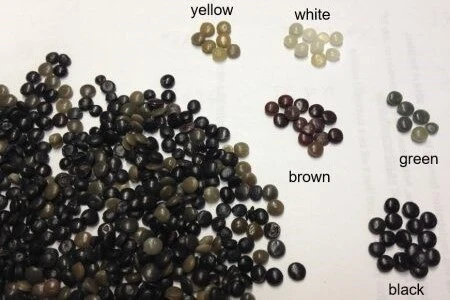
The Identify software feature of the NETZSCH Proteus® software compares the measurement results with entries in the KIMW database, which stores individual measurement curves, literature data and statistical classes of polymers and other materials.
Figure 2 illustrates the measurement on the green polypropylene (PP) sample as well as the database entry in pink. The comparison of both curves reveals a 99.45 % similarity of the green recyclate to a standard polypropylene sample. In this case, the Identify software compares significant measurement points of the sample such as Temperatura de Transición VítreaThe glass transition is one of the most important properties of amorphous and semi-crystalline materials, e.g., inorganic glasses, amorphous metals, polymers, pharmaceuticals and food ingredients, etc., and describes the temperature region where the mechanical properties of the materials change from hard and brittle to more soft, deformable or rubbery.glass transition temperature, melting and recrystallization effects.
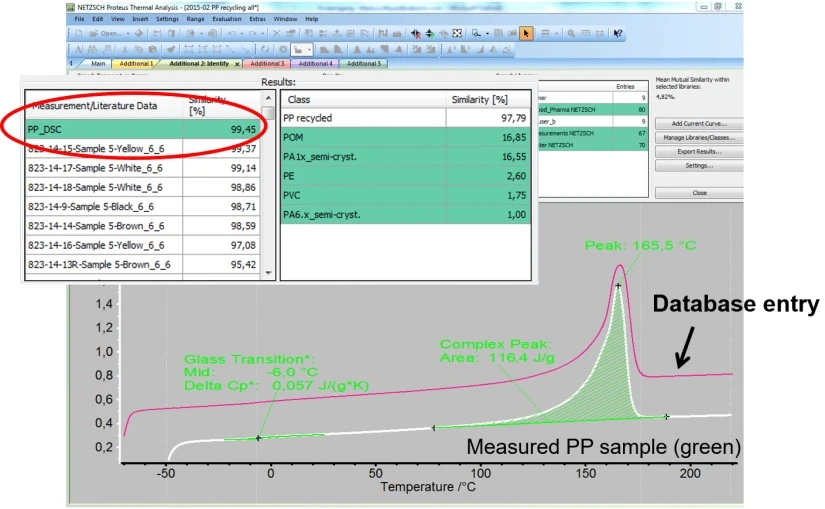
Step 2: Detect impurities or mixtures of recycled plastic materials
Additionally, differently colored pellets were analyzed. The measurement curves of the white and black pellets (see figure 3) each show an additional peak, which are melting effects, e.g., of another polymer type. This means that the recycled PP is contaminated with at least one other component.
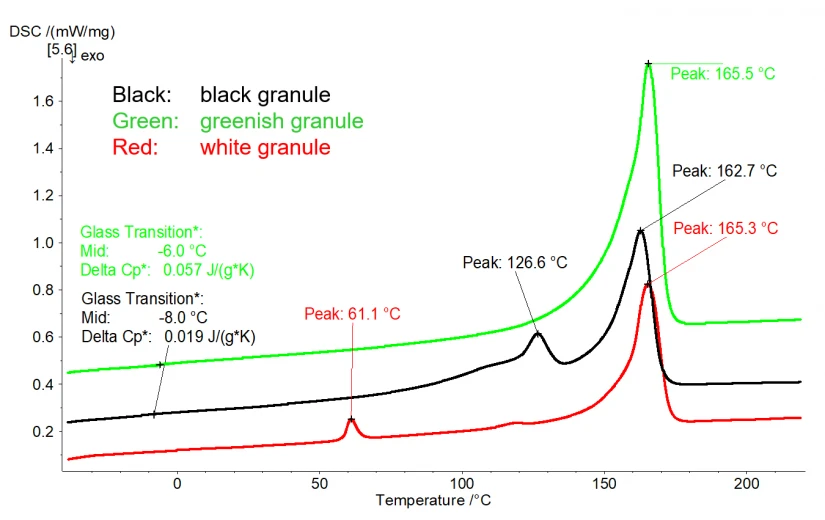
Step 3: Identify mixtures or impurities in recycled plastic materials
As shown below in figure 4, the Identify database integrated in the NETZSCH Proteus® software identifies the source of contamination in the recyclate. By only evaluating a user-defined section of the curve, in this case the first peak, Identify searches through the database to find a stored measurement curve that best matches the measured peak. In figure 4, the black sample was further analyzed to identify the contamination. The software revealed that the sample of the recycled material contains a small amount of linear low-density polyethylene (LLDPE).
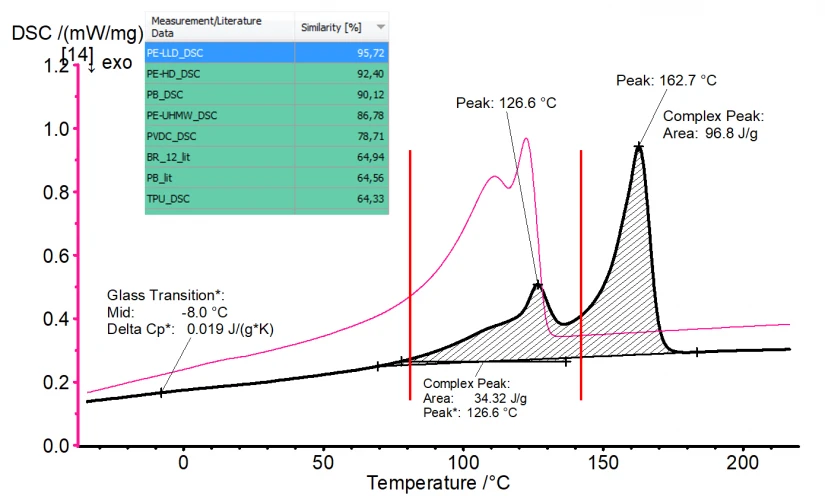
Summary
Differential Scanning Calorimetry (DSC) is a fast, reliable and easy way to control the quality of recycled plastic materials in the manufacturing industry. The unique features of the Proteus® software additionally support a cost-efficient quality control process by automatically detecting and identifying impurities.
